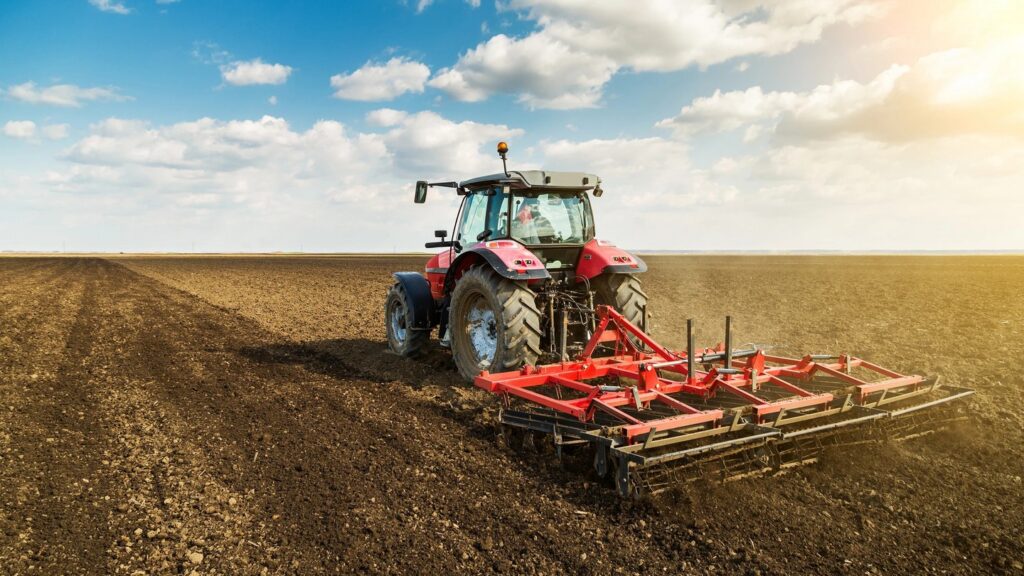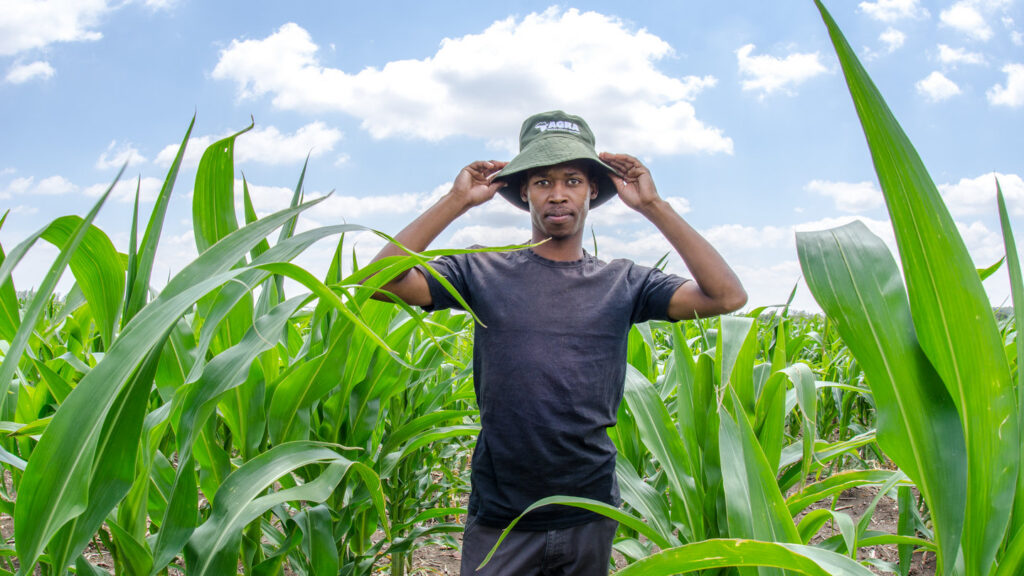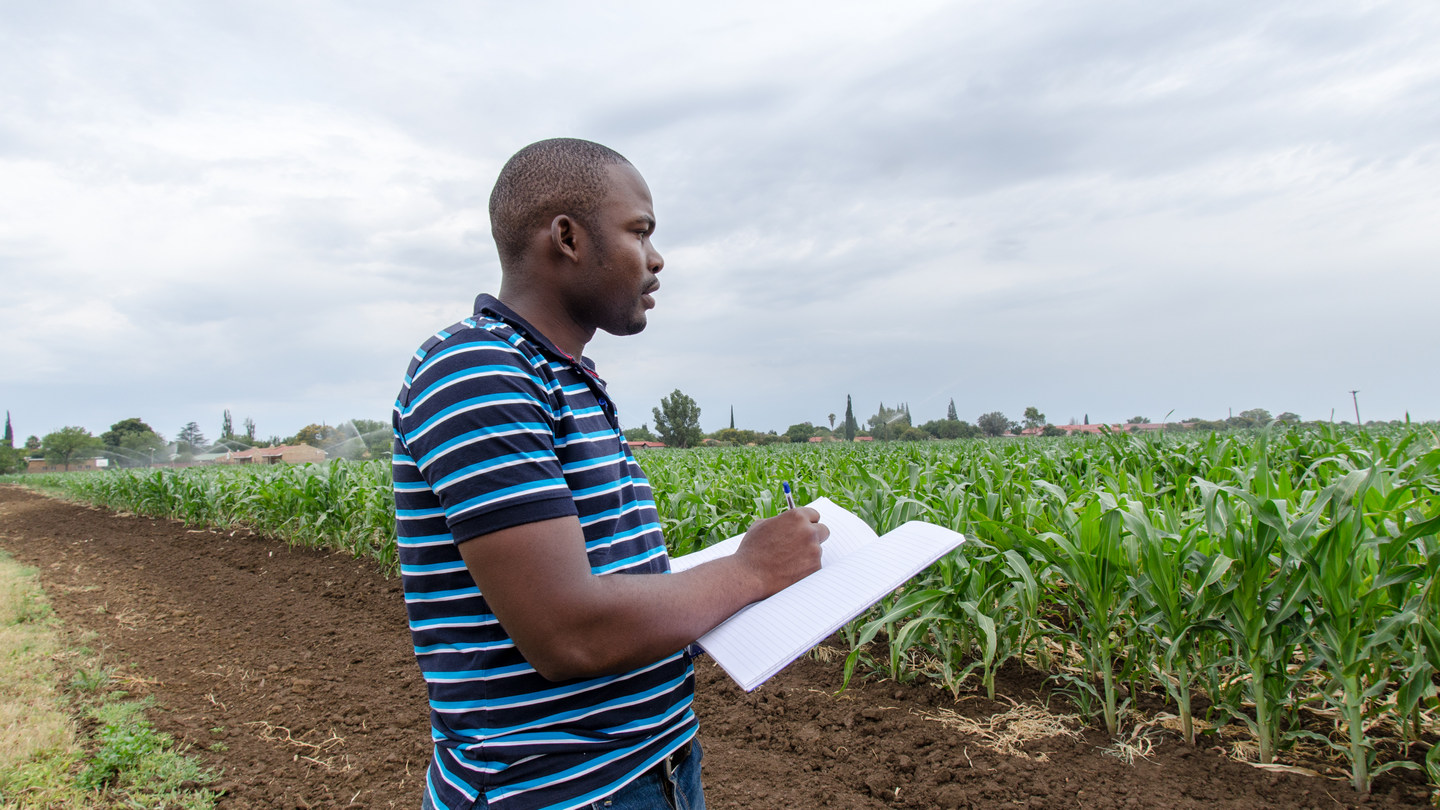Agricultural mechanization directly and indirectly affects yield gap: it reduces both harvest and post-harvest losses and is the low-hanging fruit that can bridge the gap between actual and potential yield in Africa.
In sub-Sahara Africa, reliance on human muscle power and hand tools means limitations in terms of energy and output, especially in tropical environments. Barriers to agricultural mechanization among smallholder farmers in Africa include prohibitive costs associated with machinery, lack of contractors who are operating farm mechanization businesses accessible to smallholder farmers and lack of maintenance and spare parts centres in the rural areas.
Between 2011 and 2016, the government of Nigeria began to reform the agriculture sector through the Agricultural Transformation Agenda whose aim was to increase the income of smallholder farmers and rural entrepreneurs engaged in the production, processing, storage and marketing of selected commodity value chains.
In its mission of leveraging the expertise and influence of partners to support mechanization and deliver lasting benefits to smallholder farmers, AGRA has partnered with John Deere, an international company dealing in agricultural machinery, and Tata Africa Nigeria Limited to support 50 small and medium-sized enterprises (SMEs) to set up mechanization services.
AGRA is supporting capacity building of the entrepreneurs in business skills and financial management while John Deere is providing operator training and certification as well as after-sales services. The program is also working with equipment dealers and financial institutions to increase their knowledge of the mechanization services provision sector and help develop new equipment leasing products.
AGRA’s village-based advisors who are already involved in other programmes have been engaged to create demand for mechanization services.




